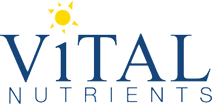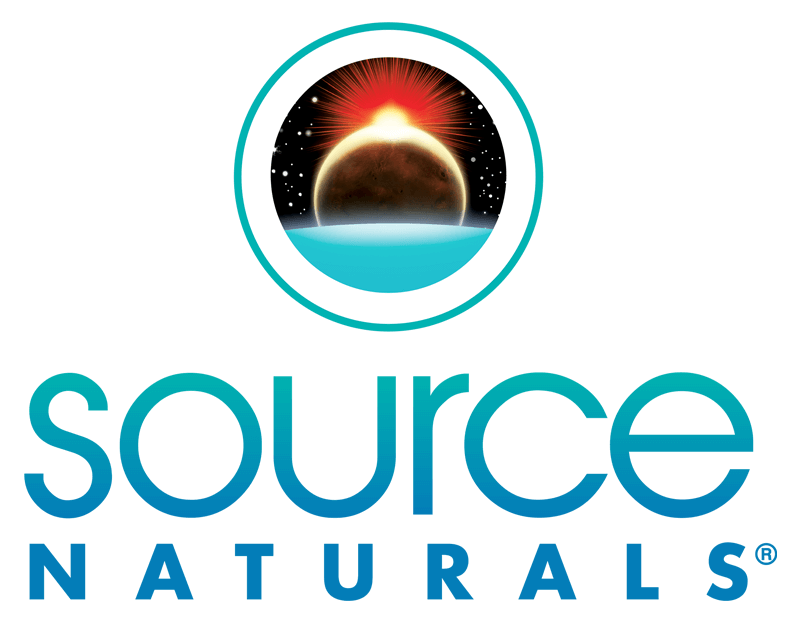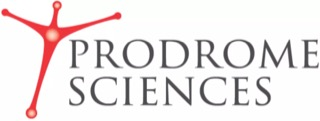The most readily absorbed form of vitamin C is generally considered to be ascorbic acid. It is a pure and highly bioavailable form of vitamin C that is easily absorbed by the body. Other forms of vitamin C, such as calcium ascorbate, magnesium ascorbate, and sodium ascorbate, are also well absorbed.
When it comes to the best form of vitamin C supplementation (tablet, powder, liquid, or capsule), it largely depends on individual preference and convenience. All forms can be effective as long as they are from reputable sources and properly stored. Some people find that powders or liquids are easier to adjust the dosage to their needs, while others prefer the convenience of tablets or capsules.
Vitamin C is naturally found in a variety of fruits and vegetables. Some of the best sources include citrus fruits (such as oranges, lemons, and grapefruits), strawberries, kiwi, pineapple, papaya, guava, bell peppers (particularly red peppers), broccoli, kale, and spinach. Consuming a diverse range of fresh fruits and vegetables is a great way to ensure an adequate intake of vitamin C.
While vitamin C is generally considered safe, it is possible to consume too much of it. The recommended daily intake for adults is typically around 75-90 milligrams, depending on factors such as age and gender. Excessive vitamin C intake, usually through very high-dose supplementation, can lead to gastrointestinal issues such as diarrhea or stomach cramps. It’s important to follow recommended dosages and consult with a healthcare professional if you have any concerns.
Certain individuals may need to exercise caution when taking vitamin C supplements. People with kidney disease or a history of kidney stones should be mindful of their vitamin C intake, as high doses may increase the risk of stone formation. Additionally, individuals with specific medical conditions or taking certain medications should consult their healthcare provider before starting any new supplementation.
Some lesser-known facts about vitamin C include its role as an antioxidant, supporting collagen synthesis, enhancing iron absorption, and playing a vital role in immune function. It’s worth noting that vitamin C is water-soluble, meaning the body doesn’t store it for long periods, so regular intake is important.
The timing of vitamin C supplementation is generally flexible. It can be taken at any time of the day that is convenient for you. Some people prefer taking it with meals to aid absorption, while others may find it more convenient to take it separately. Consistency in taking vitamin C daily is more important than a specific time of day.
Remember, it’s always beneficial to consult with a healthcare professional or a registered dietitian for personalized advice on vitamin C intake and supplementation based on your individual needs and health status.
We have several types of Vitamin C available in our store so make sure to check them out and see which one is best suited for you!


















